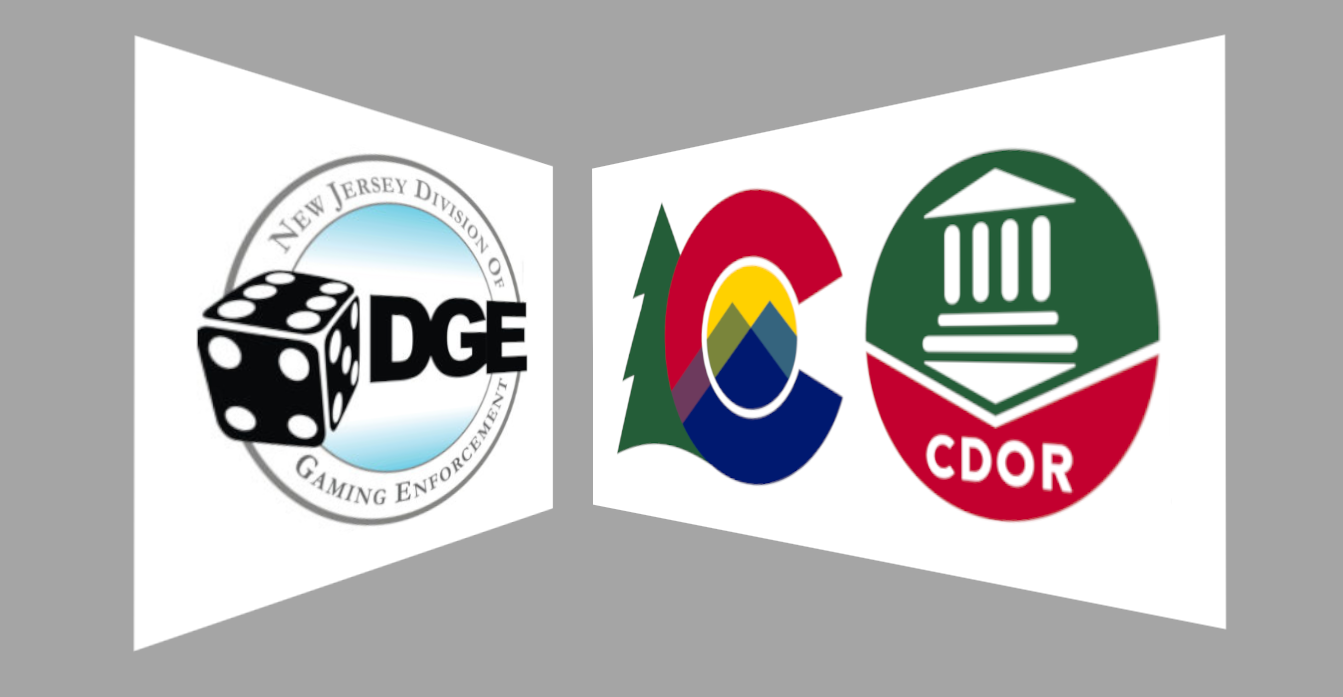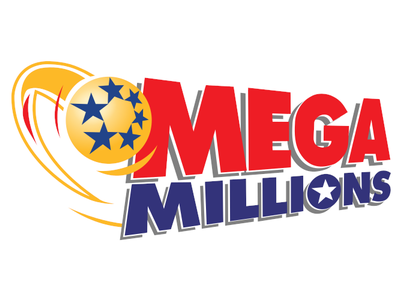Regulators from New Jersey and Colorado said they are fielding a rising number of complaints from lawmakers and the public that advertising for online gaming and sports betting in their states have oversaturated the market.
They also warned operators that inaccurate ads for promotions, as well as insufficient messaging on responsible gaming (RG) initiatives—in part driven by a focus on national, rather than state-specific advertising—could lead to a crackdown by their agencies if operators don’t change course.
Colorado Division of Gaming Director Daniel Hartman said his state currently has 25 operators jockeying for advantage in the space. “When you create a system, like we and other states have done, there really needs to be a balance,” he told attendees of an iDEA Growth webinar, The Do’s and Don’ts of Advertising and iGaming, which was held on Monday.
“What we’re seeing is a lot of ads. And we’re starting to get a little bit of feedback from legislators and other folks that there’s too much—that they really didn’t expect this much [advertising]. They really do need to find a balance because the last thing you want is to have advertising legislated.”
David Rebuck, director of the New Jersey Division of Gaming Enforcement (NJDGE), echoed that sentiment.
“Every state that has oversight of gambling has historically had laws, regulations or both that allow for the oversight of advertising of that industry,” Rebuck said. “We now have moved very quickly to online sports wagering. The challenge is to convert what were laws and regulations created for traditional brick-and-mortar operations [into something] a little different today—where advertising is available to companies [and] people are really engaged in applications that allow them to gamble online.”
Rebuck said advertising that coincided with the recent start of the NFL season reminded him of the so-called “fantasy sports ad wars” from 2015, when companies saturated the market with fantasy sports advertising. That prompted legislators and regulators alike to crack down on the practice.
“That’s a lesson to be learned,” he said. “If the industry does not control itself, the government will step in and certainly create standards that they may not want.”
RG verbiage getting lost in the shuffle
While most operators are heavily focused on compliance for regulatory licensing, Hartman said it was “just as important” that their compliance staff look at advertising, especially since some operators are growing quickly.
“What we’re seeing are national ads that don’t go through the same filter of compliance,” Hartman said. “States have different laws and different things you can bet on. They really need to make sure that they target what’s going on in the state they’re advertising in.”
Hartman added that some of the advertising has gotten so large that it’s difficult to find the RG verbiage required by regulators. “I know it’s easy to buy a national ad and put it in many jurisdictions. But if you’re not putting it through the same compliance filter that you have for licensing, you’re going to miss the things that are important in our state.”
Rebuck concurred, adding that changes needed to be made with RG in advertising so that those in need “receive information in a much more expedient way that allows them to know what to do, or how to do it, or who to go to for assistance.”
“The advertisers need to be at the table when those changes are going to be made. This is going to be more than just a state-by-state process. I would suggest the advertisers focus on this as one of their primary needs to deal with in the long term.”
Accuracy of promos also an issue
Rebuck said the NJDGE is “constantly” dealing with the accuracy of promotions by operators, which goes beyond advertising. He said that was disappointing, since for the first two years of legal online gambling in New Jersey, NJDGE staff reviewed and approved every promotion offered in the state.
“It was overwhelming,” Rebuck said. “I thought that after two years, we at least had people that understood what our expectations were on promotions. But it got to a volume where I needed to move people off. Now, instead of having a proactive way of providing approvals on promotions, we react.”
The most common compliant from consumers, according to Rebuck, is not understanding the requirements published with a promotion. “Which begs the question: Do I have to do back and do what I did in 2014, 2015 and even 2016? Do I now say, ‘Sorry, companies—no promotions until they are pre-approved by the State of New Jersey?’ That would be a very challenging responsibility for the state, but if you’re forced to, you’re going to do it.”
Rebuck also warned advertisers not to let their marketing staff “operate unchecked.”
“They can get you in a lot of trouble because they have different objectives, different views on how to do things, and sometimes they don’t have the understanding of the compliance people,” he said. “They should understand that if they really get out of control, we’re going to go after them in different ways than going after the company.
“We understand they have a business need, they want to attract people to come [to their promotions], they want to be creative. But they have to do it in a way that they’re not unchecked. It’s incumbent upon the advertising companies to understand that, because if they act unchecked it will be checked, but not in a way that they will really be happy with.”






